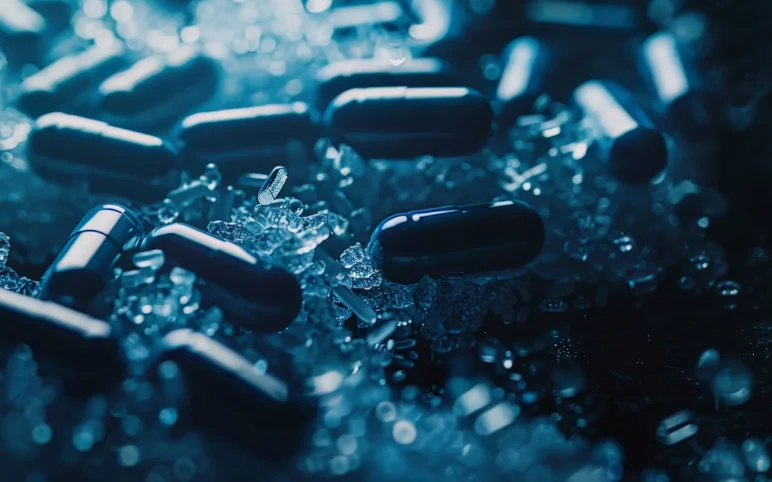Activated immune cells responsible for improving age-related diseases
The main culprits of the inflammatory responses associated with asthma are Interleukins IL-33 and IL-5. There has been researching going on, and the researchers at Albany Medical College discovered that if these two signalling molecules are to be linked to a type of immune cell in the brain, it might alleviate age-related diseases and help in the treatment of neurodegenerative diseases.
The class of immune cell is known as group 2 innate lymphoid cells (ILC2s). The scientists stated that when old mice were treated with IL-33 to activate ILC2 or use IL-5—which is a product of ILC2 activation—showed improvement in cognition among the animals as per the report that has been published in the Journal of Experimental Medicine.
Regeneron turns antibody capabilities for 2019-nCoV
Regeneron Pharmaceuticals, an American biotechnology company, focuses on neurotrophic factors and their regenerative capabilities. The company has collaborated with the U.S. Department of Health and Human Services (HHS) to produce the coronavirus treatment. The alliance will take advantage of Regeneron antibody technology that has given an effective treatment for the Ebola outbreak.
Regeneron and the HHS’ Office of the Assistant Secretary for Preparedness and Response (ASPR) focus on producing multiple monoclonal antibodies, which proffer treatment of the 2019-nCoV coronavirus when given as monotherapies or in combination. They plan to develop antibodies which will bind to viral proteins and eventually prohibit the pathogen from infecting human cells.
FDA nods head to hydrogel injection for stress urinary incontinence
The FDA has given a green signal for the injection of soft hydrogel spacers that are designed to bolster the walls of the urethra in women, who are suffering from stress urinary incontinence. The injections aim to stop urine leakage by strengthening the urethra’s volume and increasing its natural closing pressure.
The London-based Contura develops the Bulkamid hydrogel also functions as a scaffold for growing cells, to proffer ever-lasting treatment. The injection was first approved with a CE mark in 2003, and the company had claimed to treat the affected women with stress urinary incontinence over 70,000 women to date in more than 25 countries.



